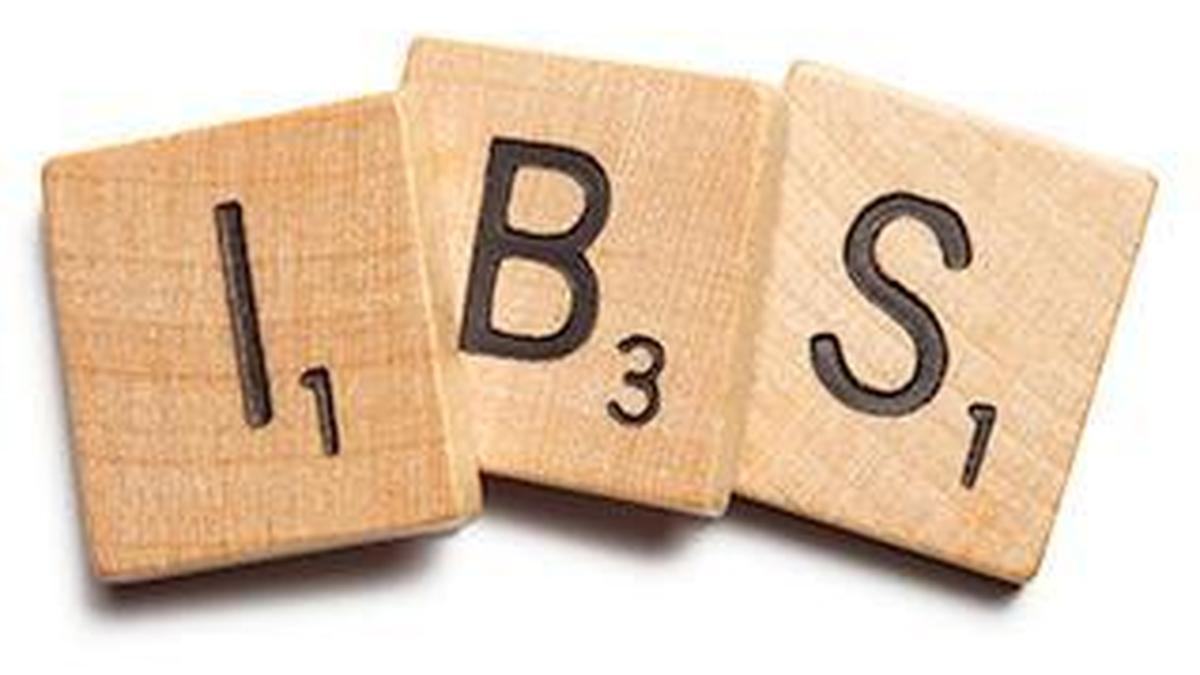
All you need to know about: Irritable Bowel Syndrome Premium
The Hindu
April is IBS awareness month, highlighting symptoms, causes, and management of irritable bowel syndrome for early diagnosis and care.
April is marked as IBS awareness month, to build awareness around one of the most common, yet somewhat uncomfortable-to-discuss gastrointestinal disorders, irritable bowel syndrome. Awareness of what it is, what its symptoms are and what can be done to manage it, can help with early diagnosis and care. In India, the prevalence of IBS from 0.4% to 4.2% as per a 2023 consensus statement on IBS in adults by the Indian Neurogastroenterology and Motility Association. However, the statement notes that this may be an under-estimate of the disease burden.
IBS is a chronic, generally lifelong, gastrointestinal disorder. It is characterised as a functional gastrointestinal disorder, which means that it is a disorder of the gut-brain connection, to do with how you gut and your brain work together. A problem with the gut-brain coordination can cause the nerves in your gut to be more sensitive, or change how the muscles in the bowel move. However, there are no changes to the bowel tissue or damage in the digestive tract.
It is unclear what causes IBS exactly. Apart from interaction problems between the gut and the brain in coordinating how your digestive system works, some other causes are believed to be: having had a severe gastrointestinal infection, a history of a stressful childhood, or changes in the gut microbes -- research indicates the gut bacteria in people with IBS may be different that in those without IBS. Those with a family history of IBS may also be at increased risk.
Common signs of IBS are: stomach pain and cramps and bloating, feeling uncomfortably swollen, usually to do with passing stool; changes in the appearance of, and frequency of passing stool; constipation and diarrhoea; a feeling of incomplete evacuation.
IBS mostly occurs in young people -- those in their late teens to early 40s. While in the West it is thought to affect more women than men, in India, it is believed to be as prevalent in the male as the female population, .
While an IBS flare-up can occur for no reason, food and stress are believed to be two major triggers.
Food triggers vary from person to person. Some common foods that can cause flare-ups include dairy products, foods containing gluten, gassy foods, carbonated drinks, caffeine and alcohol.

Barring the Greater Bengaluru Authority (GBA) area, the second socio-educational survey being conducted by the Karnataka State Commission for Backward Classes to enumerate a population of seven crore will commence across Karnataka on Monday. In Bengaluru, the enumeration is expected to start after a couple of days owing to administrative issues.





















 Run 3 Space | Play Space Running Game
Run 3 Space | Play Space Running Game Traffic Jam 3D | Online Racing Game
Traffic Jam 3D | Online Racing Game Duck Hunt | Play Old Classic Game
Duck Hunt | Play Old Classic Game










